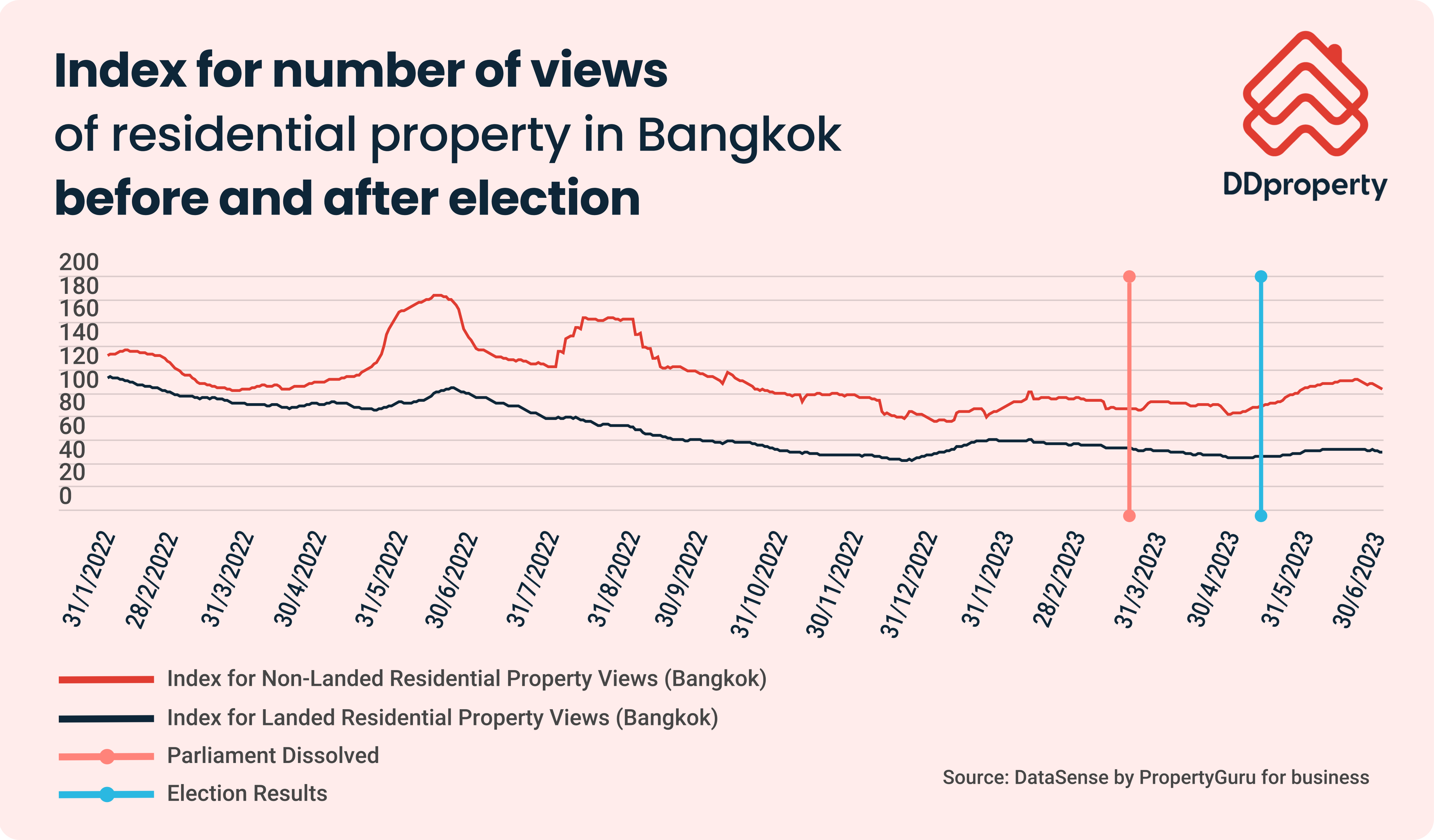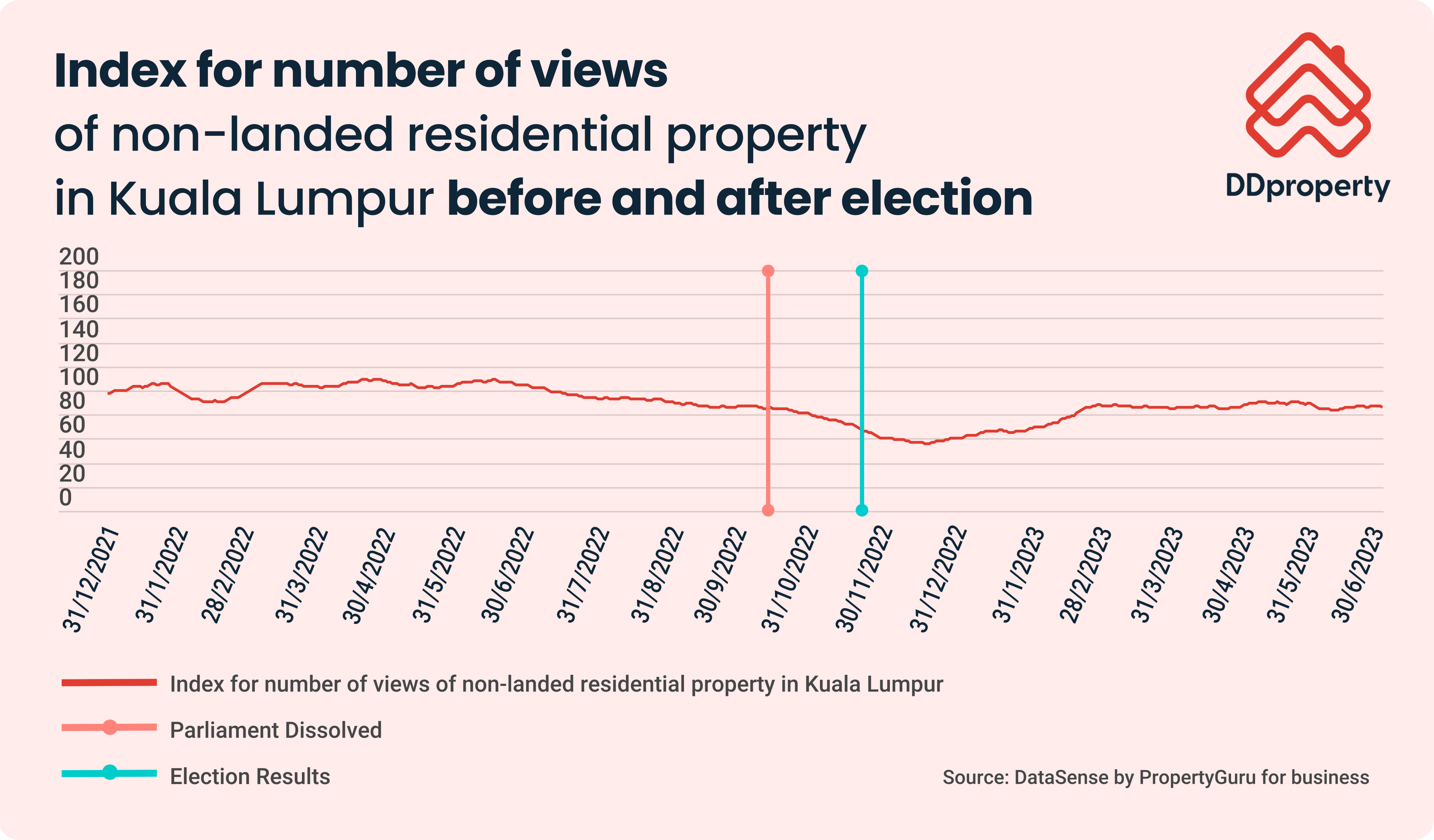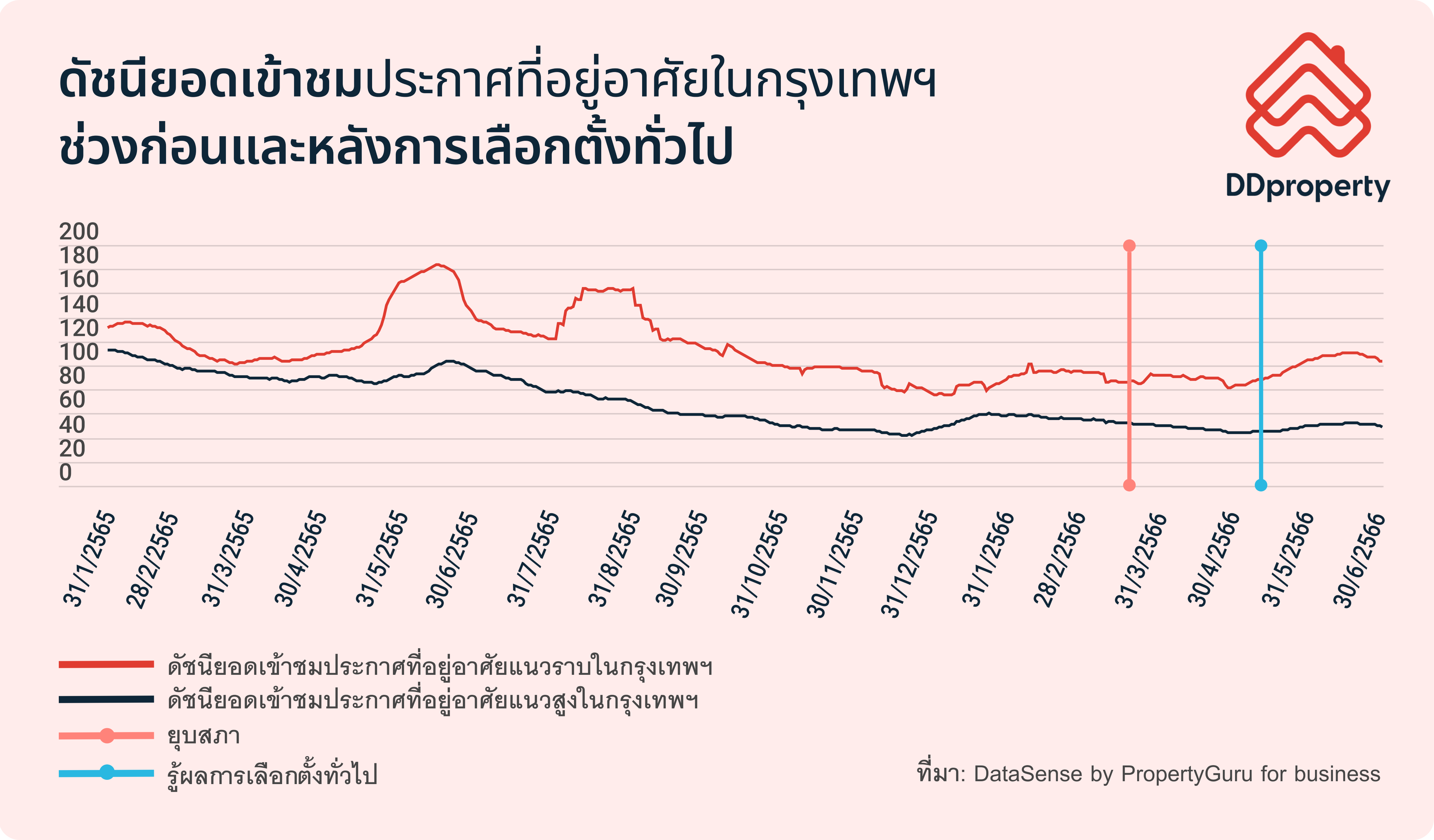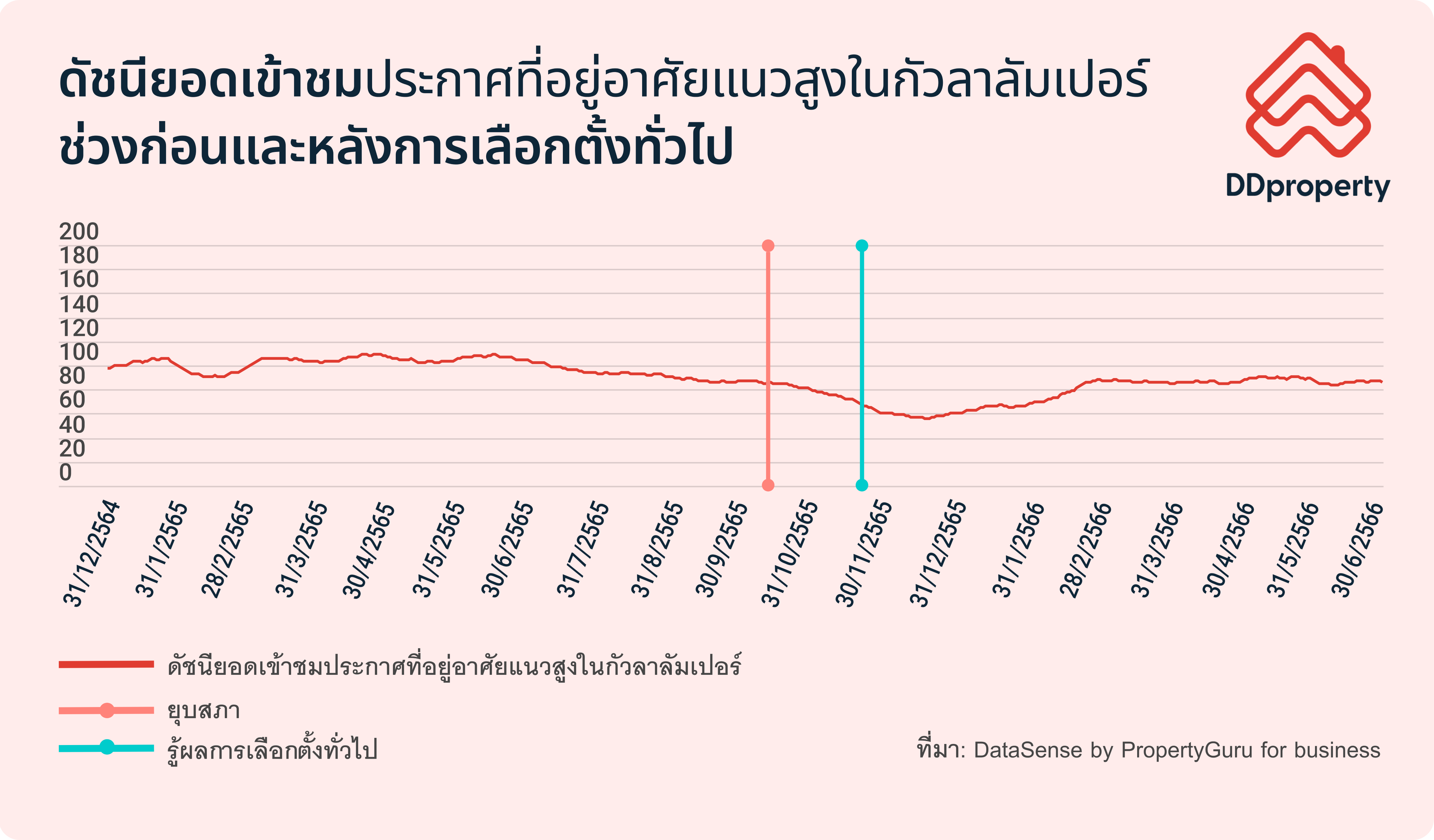เพิ่มประสิทธิภาพการกระจายสินค้าของคุณด้วย AI
บทความโดย เทอร์รี สมา, รองประธานอาวุโสและผู้จัดการทั่วไป ประจำภูมิภาคเอเชียแปซิฟิกและญี่ปุ่น, บริษัทอินฟอร์
ขณะนี้อุตสาหกรรมส่วนใหญ่กำลังพูดถึงเรื่องราวการใช้งานต่าง ๆ ที่แสดงให้เห็นถึงคุณค่าของปัญญาประดิษฐ์ (AI) แต่อุตสาหกรรมการกระจายสินค้าจะได้รับประโยชน์อย่างเฉพาะเจาะจงได้อย่างไร และจะสามารถใช้ AI เพิ่มมูลค่าให้กับธุรกิจและพนักงานในด้านใดได้บ้าง
เทคโนโลยีนี้เป็นซอฟต์แวร์หรือโปรแกรมที่ทำงานด้วยกระบวนการโรบอตแบบอัตโนมัติ (Robotic Process Automation: RPA) ต่อมาก็พัฒนาเป็นแชตบอตที่พูดไม่ได้สำหรับจัดการงานง่าย ๆ ที่ไม่ต้องใช้ทักษะพิเศษ แต่เมื่อมีการนำมาผสานรวมกับ AI จึงทำให้ฉลาดขึ้นและทำให้ได้ผลผลิตที่มีมูลค่ามากขึ้น จนในที่สุดมีการนำไปใช้กับธุรกิจและการดำเนินงานทุกประเภท ปัจจุบันออฟฟิศหรือแอปพลิเคชันการผลิตที่เป็นดิจิทัลส่วนใหญ่จะมีฟีเจอร์ AI ต่าง ๆ ติดตั้งมาเบ็ดเสร็จ ซึ่งสามารถเรียนรู้สิ่งต่าง ๆ ได้อย่างรวดเร็ว
ผู้นำด้านการกระจายสินค้าและทีมไอทีปกติก็มีเรื่องต่าง ๆ ที่ต้องใส่ใจมากมายอยู่แล้ว โดยไม่ต้องมาเสียสมาธิกับเรื่องที่ยังไม่เป็นรูปร่างชัดเจน (เช่น ยานพาหนะที่ขับเคลื่อนด้วยตัวเอง, แว่น AR ที่ใช้เทคโนโลยีเสริมจินตนาการ, การส่งของด้วยโดรน ฯลฯ) แต่สิ่งที่เราทุกคนจำเป็นต้องทราบคือ การใช้ AI มีแต่จะเพิ่มขึ้น เพราะมันทำให้งานมากมายหลายประเภทรวดเร็วและง่ายขึ้น
ปัญญาประดิษฐ์ (AI) คืออะไร
กล่าวโดยสรุป AI คือซอฟต์แวร์ที่เชื่อมโยงกับข้อมูลหรือเซ็นเซอร์ สามารถประมวลผล เรียนรู้จากข้อมูล และให้ผลลัพธ์ที่เป็นประโยชน์ โดยอาจเป็นข้อมูลเชิงลึกที่ได้จากการวิเคราะห์ข้อมูลที่ซับซ้อน การคาดการณ์ความผันแปรของอุปทาน หรือการดำเนินงานด้านบิ๊กดาต้า (การจดจำใบหน้า, การสแกนทางการแพทย์เพื่อวินิจฉัยโรค, การแชทด้วยเสียง และอื่น ๆ) ที่ให้ผลลัพธ์รวดเร็วเหลือเชื่อ
การใช้งาน AI เพิ่มขึ้นอย่างมหาศาลเนื่องจากสเกลขนาดมโหฬารของระบบคลาวด์ที่มาพร้อมกับโปรเซสเซอร์อันทรงพลัง ทำให้สามารถคำนวณคณิตศาสตร์ที่ซับซ้อนและเข้าถึงชุดข้อมูลขนาดใหญ่ได้แบบเรียลไทม์
สำหรับผู้ใช้งานทั่วไป AI เป็นเพียงอีกบริการหนึ่งที่อาจอยู่ในชื่อ “การวิเคราะห์ข้อมูลเชิงคาดการณ์” หรือ “การเรียนรู้ที่ชาญฉลาด”เพื่อให้เข้าใจง่ายและเหมาะสมสำหรับธุรกิจมากขึ้น แต่ไม่ว่าจะเรียกอย่างไรก็ตาม AI ก็สามารถดำเนินการกระบวนใด ๆ ได้ราวกับมีเวทมนตร์รองรับ
การใช้ AI ในการกระจายสินค้า
สำหรับธุรกิจกระจายสินค้าที่ต้องใช้โซลูชันระบบคลาวด์ เช่น Infor© CloudSuite Distribution Enterprise และ Infor CloudSuite Distribution ธุรกิจเหล่านั้นจะได้รับการอัปเดตฟีเจอร์ใหม่ ๆ อย่างสม่ำเสมอ โดย AI จะกลายเป็นเพียงเครื่องมือสำหรับทดลองและนำประโยชน์มาใช้ สำหรับดิสทริบิวเตอร์ที่ต้องการเตรียมพร้อมรับมือกับอนาคต สามารถใช้ AI ในเรื่องต่าง ๆ ได้ดังต่อไปนี้
บริหารจัดการด้านซัพพลายเออร์
ดิสทริบิวเตอร์จำนวนมากพึงพอใจในความสัมพันธ์ของตนกับซัพพลายเออร์ซึ่งถือว่าเป็นเรื่องที่ถูกต้อง แต่ AI และแมชชีนเลิร์นนิงสามารถตรวจสอบข้อมูลที่อยู่เบื้องหลังบริการ และแนะนำวิธีปรับปรุงประสิทธิภาพของซัพพลายเออร์ได้ ช่วยขจัดความไร้ประสิทธิภาพของกระบวนการ หรือจุดอ่อนของผลิตภัณฑ์ที่อาจมองเห็นได้ในบันทึกการส่งคืนเท่านั้นซึ่งอาจถูกละเลยได้ง่าย
ปรับปรุงประสบการณ์การขาย
AI สามารถปรับราคาหรือให้คำแนะนำในการซื้อได้แบบไดนามิก เพื่อเพิ่มโอกาสในการปิดการขายแอปพลิเคชันการขายที่ขับเคลื่อนด้วย AI จะสามารถแนะนำส่วนลดตามปริมาณสินค้า โดยพิจารณาจากข้อมูลการขายและการวิเคราะห์ความรู้สึก อิงตามพฤติกรรมการซื้อของลูกค้าที่ผ่านมาและตามสภาวะตลาด
เพิ่มประสิทธิภาพสินค้าคงคลัง
ดิสทริบิวเตอร์ส่วนใหญ่ใช้แอปพลิเคชันสินค้าคงคลัง เพื่อให้แน่ใจว่าสินค้าในสต็อกมีเพียงพอ ในขณะที่ AI สามารถมอนิเตอร์รูปแบบการขายและตรวจสอบให้แน่ใจว่า สต็อกสินค้าที่ถูกต้องจัดเก็บอยู่ในตำแหน่งในคลังสินค้าที่ถูกต้องตลอดเวลา และตรงตามเทศกาล/ฤดูกาล ความต้องการตลาด และเมื่อผลิตภัณฑ์หรือซัพพลายต่าง ๆ มีการเปลี่ยนแปลง
นอกจากนี้ AI ยังสามารถตรวจสอบค่าใช้จ่ายในการขนส่งและค่าธรรมเนียมซัพพลายเออร์ เพื่อหาวิธีการซื้อ จัดส่ง และกระจายสินค้าไป-กลับจากการดำเนินงานคลังสินค้าได้อย่างคุ้มค่าที่สุด และสามารถให้คำแนะนำแก่ผู้ซื้อพร้อมอัปเดตเส้นทาง เพื่อให้ลูกค้าได้รับบริการที่รวดเร็วที่สุด
เพิ่มยอดขายและการซื้อสินค้าให้ได้มากที่สุด
เมื่อ AI มีประสิทธิภาพมากขึ้นในกระบวนการทางธุรกิจและเครื่องมือการจัดการ ก็จะสามารถเข้ามาแทนที่งานที่น่าเบื่อและกินเวลามากมายที่พนักงานทำ ทำให้สามารถใช้เวลาที่เพิ่มขึ้นไปกับการสร้างความสัมพันธ์กับลูกค้าตลอดห่วงโซ่อุปทาน พร้อมให้ข้อมูลเชิงลึก และวางตำแหน่งองค์กรของคุณให้เป็นบริษัทที่ทันสมัย
ใคร ๆ ก็ใช้ได้
ทุกคนตั้งแต่พนักงานคลังสินค้าคนใหม่ไปจนถึงผู้บริหารเทคโนโลยีสารสนเทศระดับสูงจะได้รับประโยชน์สูงสุดจากเครื่องมือ AI หากเลือกแพลตฟอร์มที่มีโมเดล AI ที่กำหนดค่าไว้ล่วงหน้า เพราะจะทำให้เข้าถึงแมชชีนเลิร์นนิงแบบใช้โค้ดน้อยและไม่ใช้โค้ดได้ง่ายขึ้น นอกจากนี้การฝึกอบรมซ้ำโดยอัตโนมัติหมายความว่า คุณไม่จำเป็นต้องบำรุงรักษาด้วยตนเอง เช่น แพลตฟอร์ม Coleman AI ของ Infor ที่มาพร้อมความสามารถเหล่านี้
กล่าวโดยสรุปคือ ในระยะเวลาสั้น ๆ เพียงไม่กี่ปี โซลูชัน AI ได้ก้าวข้ามจากนิยายวิทยาศาสตร์มาสู่ความเป็นจริงทางธุรกิจ โดยมอบศักยภาพในการประหยัดเวลา ลดค่าใช้จ่าย และสร้างมูลค่าผ่านข้อมูลเชิงลึกอันชาญฉลาด ทำให้ความกลัว AI ส่วนใหญ่กลายเป็นเรื่องอดีตไปแล้ว และนี่ก็เป็นเพียงจุดเริ่มต้นบทบาทของ AI
ข้อมูลเชิงลึกที่เป็นประโยชน์บางส่วนจากรายงาน State of AI in the Enterprise ประจำปีครั้งที่ 5 ของ Deloitte แสดงให้เห็นว่า
-
- ธุรกิจ 42% ใช้การวางแผนห่วงโซ่อุปทานแบบอัลกอริทึมแล้ว
- ธุรกิจ 65% ต้องการซื้อบริการ AI แทนที่จะสร้างเอง
- ผู้ตอบแบบสำรวจ 82% ระบุว่า พนักงานของตนเชื่อว่าการทำงานกับเทคโนโลยี AI จะช่วยเพิ่มประสิทธิภาพการทำงานและความพึงพอใจในการทำงาน
- อย่างไรก็ตาม ยังมีงานที่ต้องทำอีกมากในเรื่องความเสี่ยง ความโปร่งใส และความปลอดภัย
ข้อมูลเชิงลึกและโอกาสในการเพิ่มความเร็วให้กับระบบอัตโนมัติเหล่านี้จะทำให้ธุรกิจกระจายสินค้าให้ความสนใจในเทคโนโลยีนี้มากขึ้น เนื่องจากบริการ AI ได้กลายเป็นฟีเจอร์ของแอปพลิเคชันและบริการทั้งหมด
สำหรับประเทศไทย รัฐบาลเล็งเห็นถึงความสำคัญของเทคโนโลยี AI จึงได้มอบหมายให้หน่วยงานที่เกี่ยวข้องจัดทำยุทธศาสตร์และแผนปฏิบัติการด้านปัญญาประดิษฐ์แห่งชาติเพื่อการพัฒนาประเทศไทย (พ.ศ. 2565 – 2570) ซึ่งกำหนดยุทธศาสตร์หลัก 5 ประการเพื่อส่งเสริมการพัฒนาและการนำ AI มาใช้ในประเทศ เช่น การเตรียมความพร้อมสำหรับ การประยุกต์ใช้ AI โดยคำนึงถึงข้อพิจารณาด้านจริยธรรมและกฎหมาย, การพัฒนาโครงสร้างพื้นฐานของประเทศเพื่อการพัฒนา AI ที่ยั่งยืน, การเพิ่มขีดความสามารถของมนุษย์ และการส่งเสริมการวิจัยและพัฒนา AI โดยแผนดังกล่าวมีเป้าหมายเพื่อวางตำแหน่งประเทศไทยให้เป็นผู้นำด้านปัญญาประดิษฐ์ ด้วยการจัดการกับปัญหาและใช้ประโยชน์จากความเป็นไปได้ต่าง ๆ








